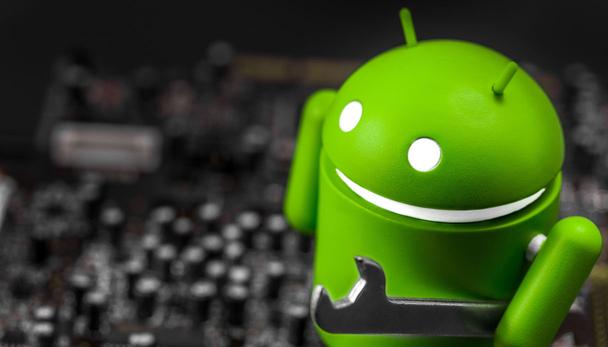One of the major problems of the apps for Android is that they consume a lot of Ram memory.Even on the most modern smartphones, equipped with 6, 8 or even 12 or 16 GB of RAM (the latter are counted on the fingers of one hand, but they will become the standard of the top of the range 2021), it may happen that the entire RAM memory comesoccupied by the open apps.
This slows down the smartphone a lot and also happens because the producers of the phones (even of high level) insert more and more proper apps in their smartphones (Samsung is the clear example), which are automatically loaded upon start of the phone even if theUser in the end does not use them.It is not always possible to completely deactivate or deactivate these applications, which thus steals ram and precious storage space.Google is thinking of a solution to this problem and in the next version of Android, the 12, the hibernation of automatic apps could arrive.
Android app iBernation, how it works
In a nutshell, the new function is a new "state" in which the app can be found in addition to being active or in the background, therefore, the app can also be hibernated. When the Android operating system is hibernated, it moves all the dataof the app from the RAM to the storage memory.

At the same time, the app cache is also emptied, that is, the portion of memory in which the app keeps the data to which it access frequently.For video streaming apps, it is often several hundreds of data MB.Deleting the app cache is already possible today, but it must be done manually from the Android settings.
To avoid spreading unnecessary orphaned files on the device, moreover, the files relating to the hibernate apps are deleted as they no longer serve by Android.
Android app iBernation when it arrives
Google has introduced this new function as an AOSP (Android Open Source Project, the open source development program from which the new versions of Android) for Android 12 derive.
Android 12 is the next version of the Google mobile operating system, whose first beta should arrive by February.Inside there may also be another new function: it is "App Pairs" and serves to improve multitasking on smartphones with very large screen. Finally, it is not excluded that Android 12 can also have an integrated VPN.
The definitive version of Android 12 will arrive, if everything goes as expected, between late August and early September 2021.
